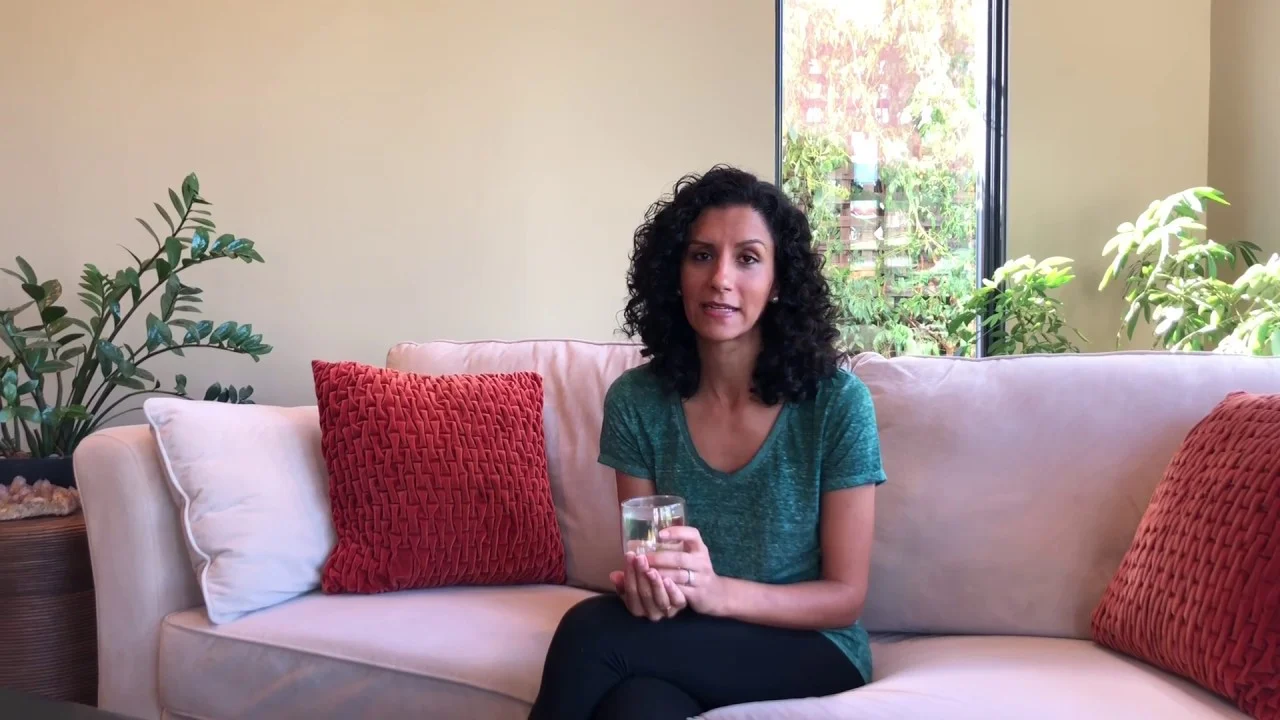by Salvador Cefalu, M.S., L.Ac.
This final survey of depression from the perspective of the Five Element Theory will address the Earth element. In Chinese Medicine, Earth energy is about transformation.
The Earth element organs are the Spleen and Stomach and the Spleen also correlates with the pancreas.
Therefore digestion and the conversion of food into energy are the fundamental functions of Earth energy.
This transformation of nutrients into Qi energy equates to the creation of cellular energy or ATP (adenosine triphosphate), a molecule of energy created by every cell of your body for biochemical reactions.
This is why in Chinese Medicine, your Earth energy is considered the center of your being.
And since the centralized organs of digestion create the energy that drives your brain function, weakness of your Earth energy can cause a decline in mental acuity, and become a fundamental reason for the development of depression.
The Earth energy’s powerful influence over mental faculties is a primary reason why according to Chinese Medicine, the Spleen stores the Yi, or the Mind.
The Yi encompasses your mental intelligence, providing the ability to think analytically, have memory retrieval and clarity of focus. All of these functions are thus supported by your Earth energy, specifically, your Spleen’s Qi.
Keeping your digestive system healthy and managing a healthy diet are therefore critical in the support of healthy brain function and the resolution of depression.
The Gut-Brain Connection
When the Spleen and Stomach are not functioning optimally or the diet is creating toxicity, a condition called Dampness will likely develop.
Dampness is a form of gut toxicity rooted in an imbalance of the microbiome wherein bad bacteria, fungus/yeast and parasites or worms overrun the good bacteria.
Dampness is a Chinese Medicine term that describes an internal terrain that is too moist, and pathogens like fungus—most commonly in the form of a yeast known as Candida Albicans—love moist environments.
Having some fungus in the body’s gut microbiome is normal, however, the common occurrence of Candida infestations is likely due to today’s modern diet that’s high in sugar, grains and alcohol, as well as certain medications such as antibiotics and steroids like Prednisone that create a cold, damp terrain in the body.
If you’re suffering from chronic sinus congestion, postnasal drip or recurring ear infections (especially in children), we can surmise there is too much Dampness accumulation in these areas of your body.
As a Chinese Medicine practitioner, we can confirm this supposition by checking your tongue. If it is abnormally swollen or has too much coating, then there is fluid stagnation and dampness has developed.
In cases of chronic depression, there’s usually fatigue, apathy and a lack of motivation, so we generally expect to find some degree of weakness of Spleen Qi (low energy) as well as an internal environment of Dampness which is making the Qi circulation sluggish throughout the body and dampening the functioning of the brain.
Even many incidences of dementia and Alzheimer’s are rooted in conditions of Dampness. In fact, modern medical science often refers to Alzheimer’s as Type III Diabetes because of its association to elevated blood sugar which leads to the overgrowth of yeast and plaque in the brain.
Healing Your Depression
If you’re looking to heal naturally from depression, I suggest working with diet, herbal medicine and acupuncture to reduce your damp terrain and only after you’re feeling better, begin to work with your doctor to reduce the dosage of your depression/anxiety medication.
It’s imperative to reduce foods that increase sugar in the blood, primarily carbohydrates, including concentrated sugar in any form such as fruit and melons. You may need to eliminate all grains for a period of time or eliminate just the gluten grains. This is where a Paleo diet can be useful for a period of time.
Excess fats also create dampness, so fish, avocados, coconut oil, fried foods and nuts may all need to be reduced or eliminated for an extended period to clean up your system if it’s overrun with dampness and a fungal terrain.
As you clear the dampness out of your system, your mental faculties will sharpen, your moods will stabilize and your depression may begin to lighten up.
Be patient if you’ve suffered from depression for a long time.
It may take several months before you start noticing a difference in your brain function and emotional state. As I mentioned in previous articles, sometimes you need to also clear the Blood Stagnation that’s trapping the emotional trauma in your body, or strengthen the Lung and Kidneys or detoxify the Liver.
Considering these factors, you can see why it’s important to find a qualified Acupuncturist to work with to support you in gaining clarity on what specifically needs to be addressed for you to achieve the quality of life you seek on your path to wellness and your journey to fulfilling your every dream.
Salvador Cefalu, M.S., L.Ac. is the Founder & Co-Director of A Center for Natural Healing in Santa Clara, California, a health and wellness clinic run by he and his wife, Setareh Moafi, Ph.D., L.Ac. that specializes in Classical Chinese Medicine. Salvador is a leading U.S. practitioner of Japanese Meridian Therapy, a rare form of non-insertion Acupuncture using Gold & Silver needles. More information at www.acenterfornaturalhealing.com.




